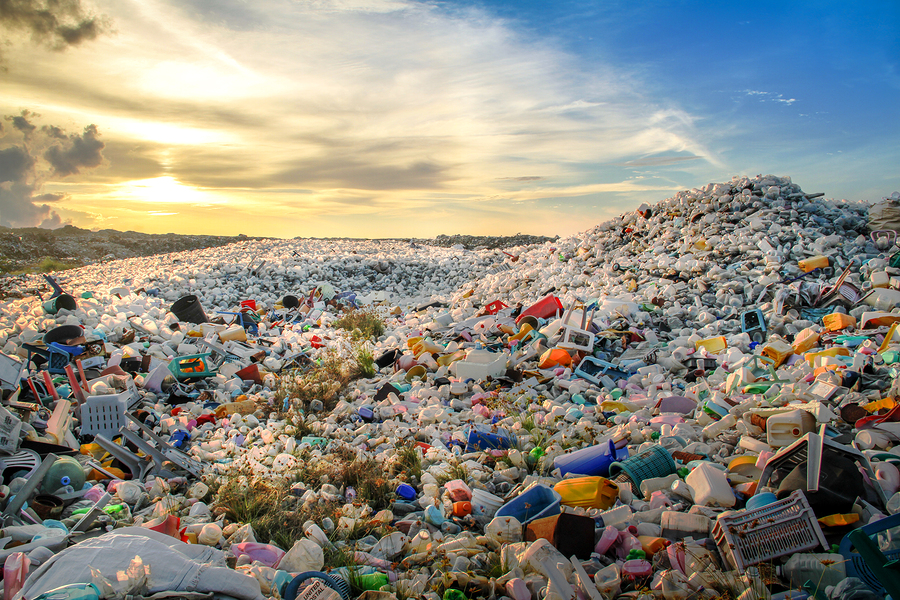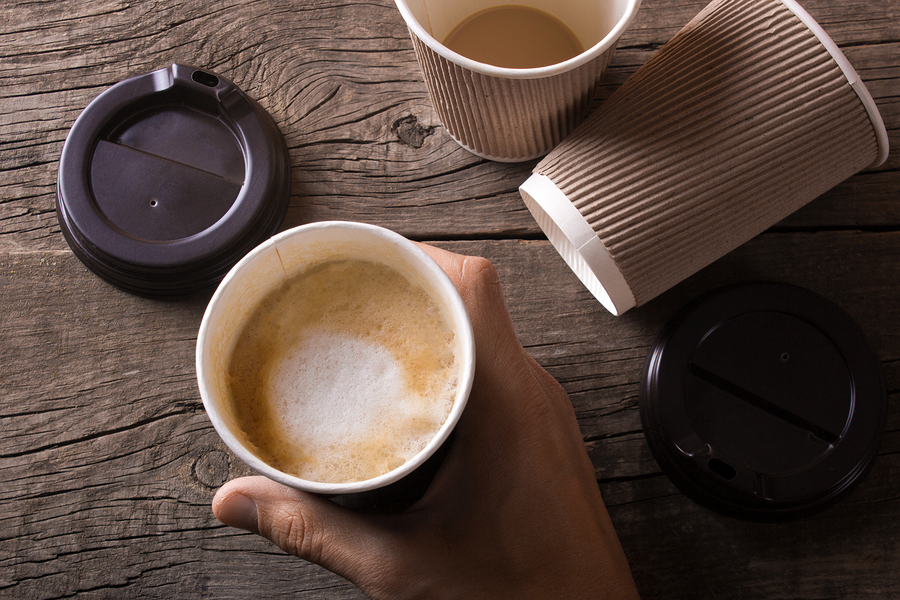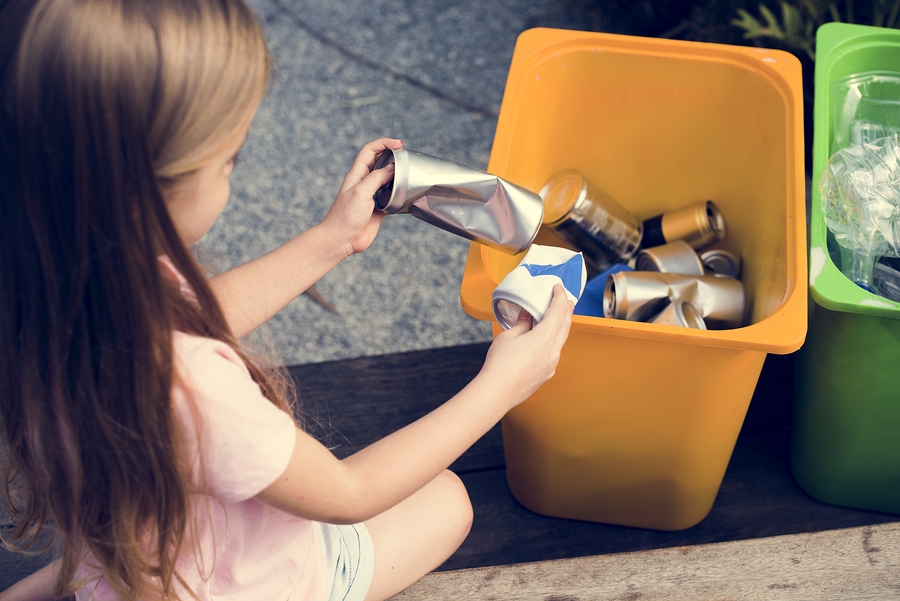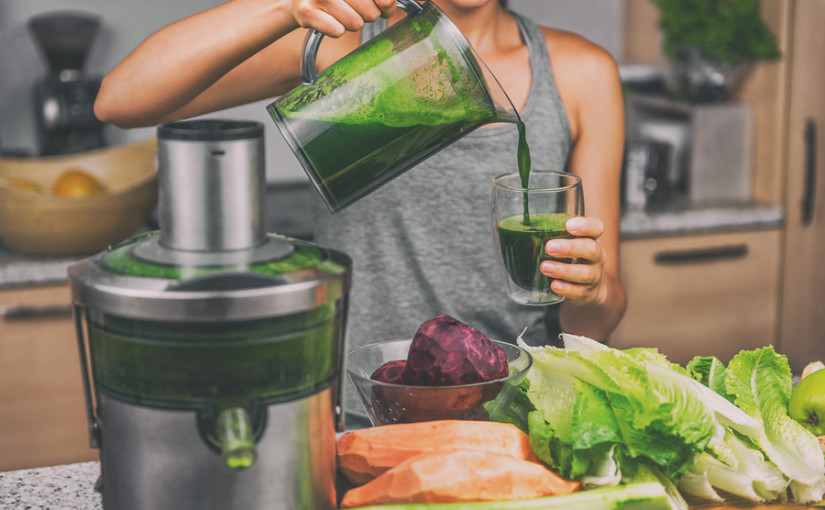We could all help the environment by making a new year’s resolution to reduce, reuse and recycle more, in order to minimise the amount of waste we each send to landfill.
But what are the best new year’s resolutions you can make for an eco-friendly 2018? Here are some of our top tips for an eco new year’s resolution, which might help inspire you to come up with some ideas of your own too.
Reduce: Plastics

Household plastic waste is an ever-growing scourge and with many plastics – especially films and flimsy internal packaging – unable to be recycled, you can’t just put it all in the plastic recycling bin and hope for the best.
Admit to yourself that many of the plastics you use end up in landfill, and start doing what you can to avoid this.
For example, consider spending the extra to get more rugged shopping bags than the cheapest reusable carrier bags or single-use plastic bags at the checkout – they’ll last longer and may be made of more eco-friendly natural fabrics.
It’s hard to avoid plastic in grocery shopping, but favour loose fruit and vegetables where you can to cut back on plastic wrap. You might even find buying meat on your local market means less plastic trays to throw out.
Reuse: Coffee Cups

Coffee machine pods and single-use takeaway coffee cups remain two of the biggest concerns in recycling and everyday consumer waste output, and something needs to be done sooner rather than later.
Make it a priority in 2018 to reduce your personal output of each. That might mean making a sacrifice, such as cutting down on those luxury coffee pods at home – but that’s what new year’s resolutions are sometimes about.
It could actually enhance your lifestyle though, for example if you drink your coffee in-store next time, from a china mug that can be washed and reused, you not only avoid throwing away a non-recyclable paper cup, but you also get a moment to sit and recharge your own mental batteries.
Recycle: Get It Right!

Can you honestly say, hand on heart, that you know what goes in each of your recycling bins? Not just the general type of waste that belongs in each bin, but specifics like what types of food waste can go in?
Do you know if raw meat is allowed? Or if envelopes with windows can go in the paper recycling? Or what the number on a plastic recycling symbol means?
Waste sent for recycling that is contaminated with another material can lead to a lower quality finished product, time-consuming hand-sorting and separation, or in extreme cases can cause the entire collection to be sent to landfill as tainted.
If you do one thing to improve your household recycling in 2018, make sure that you know what your local council will collect in each bin, box or bag, and stick to only the permissible types of waste
